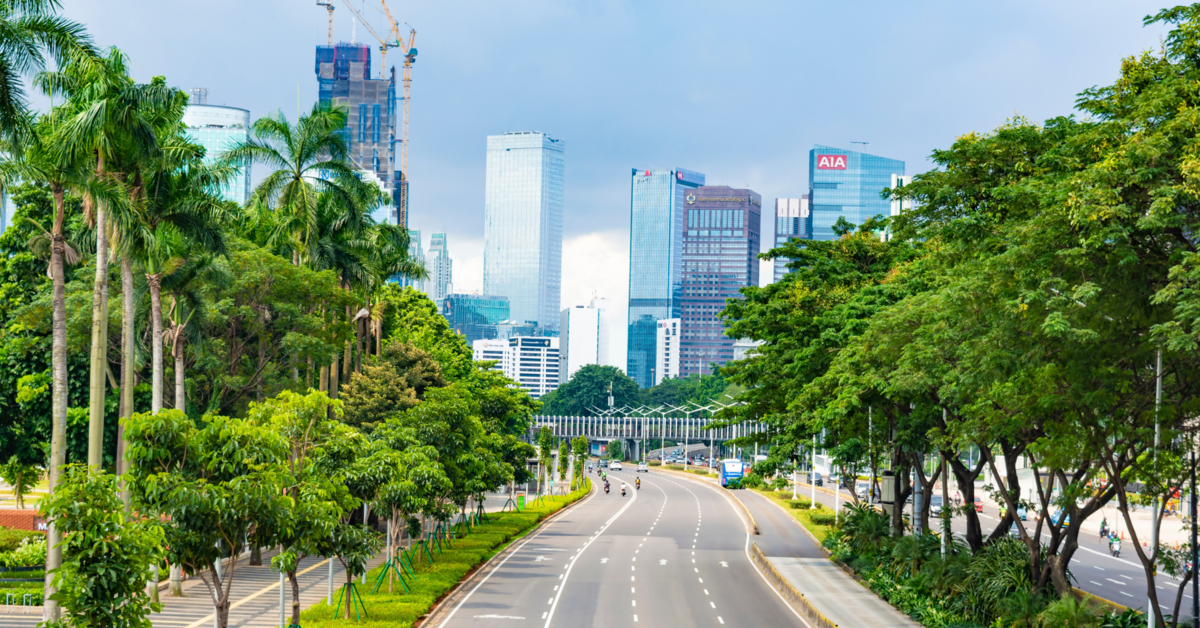New Opportunities from Japan’s Economic Security Promotion Act
- This year, the Japanese government has been developing and issuing a number of new regulations designed to help Japan secure a stable supply of critical materials and friend-shore sensitive technological production.
- These policies are encapsulated in a new Economic Security Promotion Act (ESPA) which went into partial effect in August of 2022 and will reach full effect in May of 2024.
- The Japanese government has established a new cabinet role, Minister of Economic Security Promotion, and defined specific critical materials as they already take steps toward implementation of the ESPA.
- Companies operating in key industries in the region should be mindful of these changes as well as aware of opportunities to unlock subsidies by partnering with the Japanese government to strengthen their supply chains.
Governments around the world are advancing policies designed to diversify supply chains in the name of national security. These policies are designed to shift supply chains and localize research, technology, and manufacturing within their respective markets, thereby promoting long-term economic stability for national economies. Recently, the Government of Japan released the 2022 Economic Security Promotion Act (EPSA), under which Japan has invited companies in sensitive industries to partner with the government to secure a stable supply of critical materials for the island nation as it strives to align economic policy with a national security strategy.
What is ESPA?
The Administration of Japan’s Prime Minister Fumio Kishida has made it a political priority to promote economic policies that fortify national security, particularly by securing Japan’s supply of critical materials and advanced technology. This manifested itself in the appointment of Sanae Takaichi to the newly created role of Minister of Economic Security. Moreover, the House of Councilors passed the Economic Security Promotion Act this May 2022. Part of ESPA entered into force in August of 2022, with the entirety to be in force in May of 2024. The new law has four core objectives:
- To strengthen supply chains by establishing a system to ensure stable supplies of critical materials by August of 2022
- To put in place a system for ensuring stable provision and security of critical infrastructure by November of 2023
- To strengthen public-private cooperation in the development of advanced / critical technologies by August of 2022
- To establish a secret patent system for sensitive technologies that could be used for military purposes by May of 2024
With respect to strengthening supply chains, the policy aims to either reshore operations or stabilize supply chains through diversification (sourcing from multiple locations) and security (sourcing from ally nations). Under the new law, businesses can unlock new opportunities and funding through collaboration with the Japanese government in industries including semiconductors, pharmaceuticals, rare earth metals, and other advanced technologies.
The Government is already taking steps toward implementation. On September 30, the cabinet adopted the first two items called for in the ESPA, a Basic Policy on foundational matters related to the implementation of integrated economic measures and Basic Guidelines for ensuring the stable supply of specific critical materials. The government outlined four criteria for designating “specific critical materials.”
- Essential for the survival of the people
- Excessively dependent on external sources
- Potential for supply disruptions
- Particular efforts needed to ensure stable supply
On October 13, the Japanese government presented the ruling party with a draft of specific critical materials and their competent ministry, placing semiconductors, cloud computing, storage batteries, permanent magnets, machine tools and industrial robots, aircraft material, critical minerals, and liquified natural gas (LNG) under the Ministry of Economy, Trade, and Industry (METI). Ship-related items such as engines, propellers, and navigational equipment are handled by the Ministry of Land, Infrastructure, Transport and Tourism (MLIT); antibacterial agents by the Ministry of Health, Labor and Welfare (MHLW); and raw materials for fertilizers by the Ministry of Agriculture.
The act directs these ministers to now develop Implementation Policies to ensure stable supply of each specified critical material. This will be done in collaboration with companies operating in Japan by the end of this year. It is our recommendation that companies develop a strategy and engage their competent ministries to get involved.
What's next?
Early next year, individuals and companies interested in collaborating with the Japanese government to secure a stable supply of specified critical materials may submit a Secure Supply Plan that includes measures like building new production facilities, diversifying supply sources, stockpiling, developing production technologies, or finding alternative materials, to the appropriate minister for certification. Certified companies and individuals will be eligible for support measures such as subsidies, interest subsidies on loans, two-step loans from the Japanese Finance Corporation, purchase of shares, and credit insurance.
Companies in the region are already working to reorganize their supply chains following the passage of the new law. Examples include Taiwanese Semiconductor Manufacturing Co (TSMC) who is partnering with Sony to build a $7 billion chip plant in Kumamoto and Daikin Industries who announced plans to build more resilient supply chains to produce air conditioners. Reporting suggests that Daikin plans to manufacture their own core components in locations aligning with ESPA guidelines by March 2024.
Although these policies create short-term economic insecurity for some companies with preexisting global supply chains and manufacturing footprints designed to operate within open and integrated international markets, they also present an opportunity for companies to strategically engage with governments to shape the direction of policies that more favorably align with their business models and long-term business objectives to protect their own economic security.
Further Reading
Japan: New Act on the promotion of Japan’s economic security enacted - Global Compliance News
Japan Turns Its Attention to Economic Security | Council on Foreign Relations (cfr.org)



